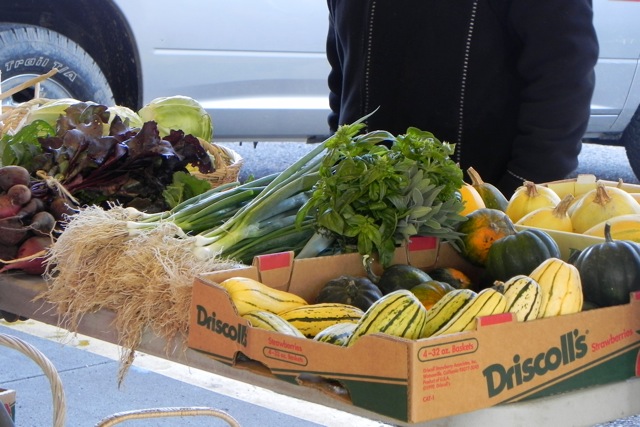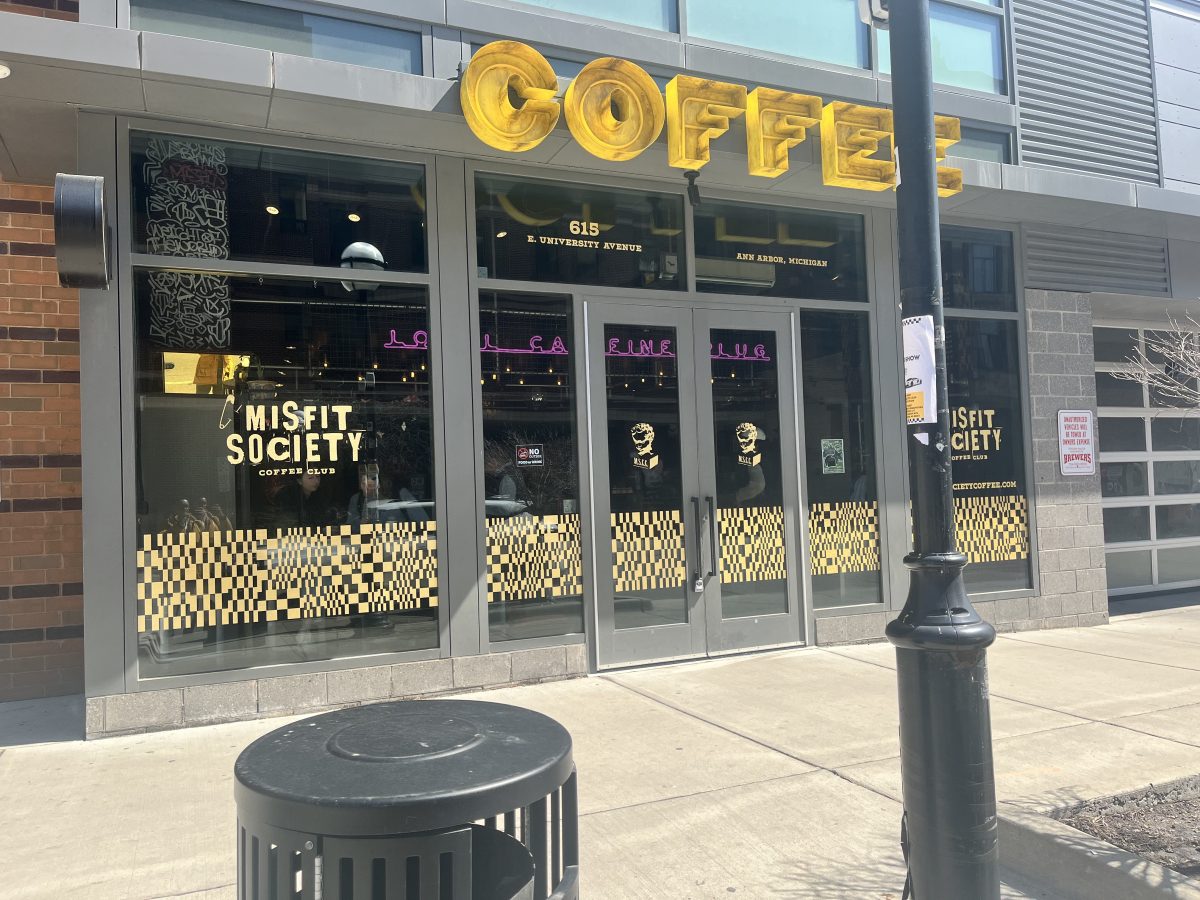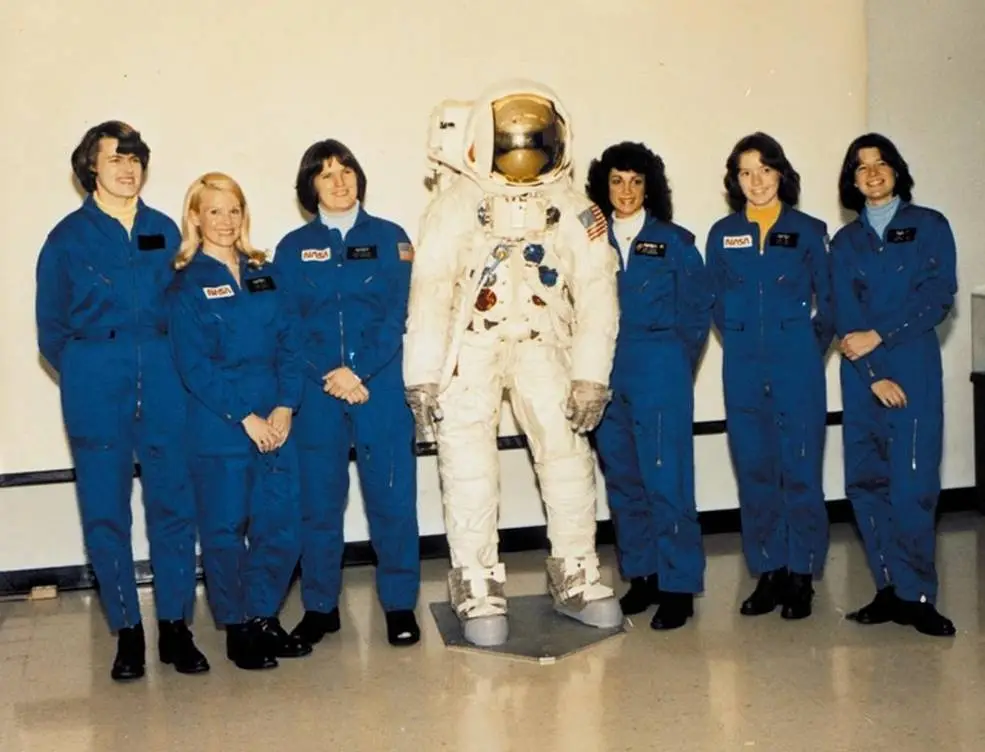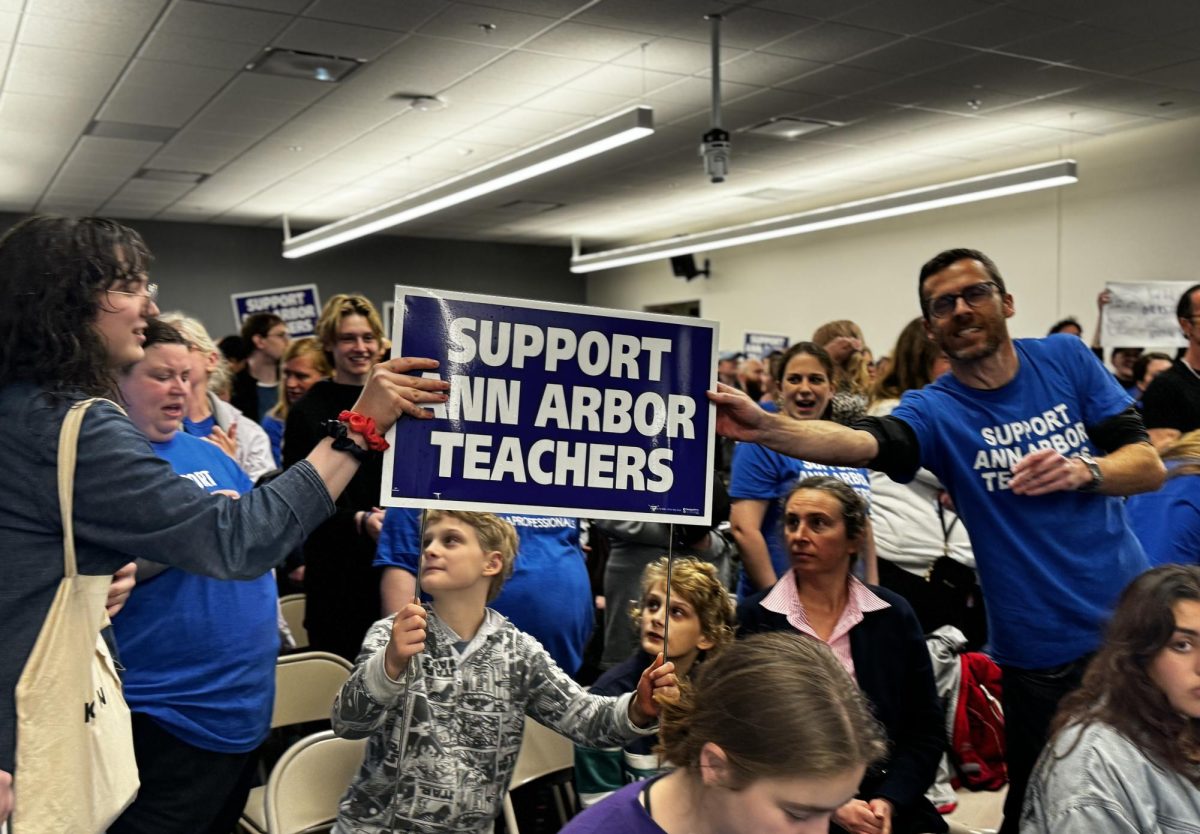
On Wednesday, September 22, the Michigan Theater screened the final film of its Stonyfield Sustainability Film Series. This final installment was “Ingredients,” a documentary about the growing local food movement in America and its importance for a sustainable future. That Wednesday, the theater was packed to the brim as the lights dimmed and the movie began.
One of the documentary’s most persuasive arguments in favor of the local food movement was its scathing critique of our nation’s industrial food system. According to the film, Americans have been obsessed with
cheap food ever since World War II – becoming “creatures of convenience.” The increasing scale of food production has created numerous problems, including decreased quality, unhealthier products, and consumption of fossil fuels.
One member of the audience, likely nodding her head in agreement during most of the film, was Kim Bayer. Bayer serves as the chair of Slow Food Huron Valley, a nonprofit organization that coordinates events for and raises awareness about local food in the Ann Arbor area. When I interviewed her, she seemed primarily concerned with how people spent their money on food. “Washtenaw County spends over a billion dollars, that’s a billion with a ‘B,’ on its food.” she explained. “Less than one percent of that food comes from Washtenaw County, even though Michigan is one of the richest agricultural states in the country.” She argued that most people would shop differently if they realized that they could invest in their community simply by making dinner.
Bayer also brought up one aspect of the local food movement that often passes unmentioned – its potential to “bring people together around the table, around the enjoyment of food.” One of her favorite events organized by Slow Food Huron Valley is called “Pie Lovers Unite.” Its mission: to educate the public on pie-making. “When you make a pie, you feel empowered, like you have the power to make this beautiful thing,” she explained lovingly. “And when you give it to your family, you know they’re experiencing your gift to them.”

The last reason Bayer gave for supporting local food was sustainability. She emphasized that “if you don’t have sustainable food, you don’t have a future. Right now, our food system is unsustainable.” One-fifth of the fossil fuel consumption in the U.S. comes from the growing, packaging, and shipping of food, making our food system very reliant on the availability of cheap oil.
The makers of “Ingredients” chose not to end the film with a gloom-and-doom scenario on the future of food, but rather to leave with a positive message, noting that the local food movement has the potential to change the way people eat. Bayer finished her interview with exactly the same sentiment, stating that, “It’s a problem, but there is something good about problems. And the good thing about it is they often make people want to change.”












![During a CET rehearsal of the number “A Call to Pierre,” various members in the ensemble, including Maggie Williams, hold up titan tubes. Various people in the ensemble held titan tubes during some numbers in the show, and did basic choreography with them, using the lighting for emphasis. “[Having titan tubes] is a super cool addition to the show,” Williams said.](https://chscommunicator.com/wp-content/uploads/2024/04/67FXGPwwRSi7VlvWUvKuzOOZ2VN2lueTvbEBAWRQ-1200x963.jpg)









